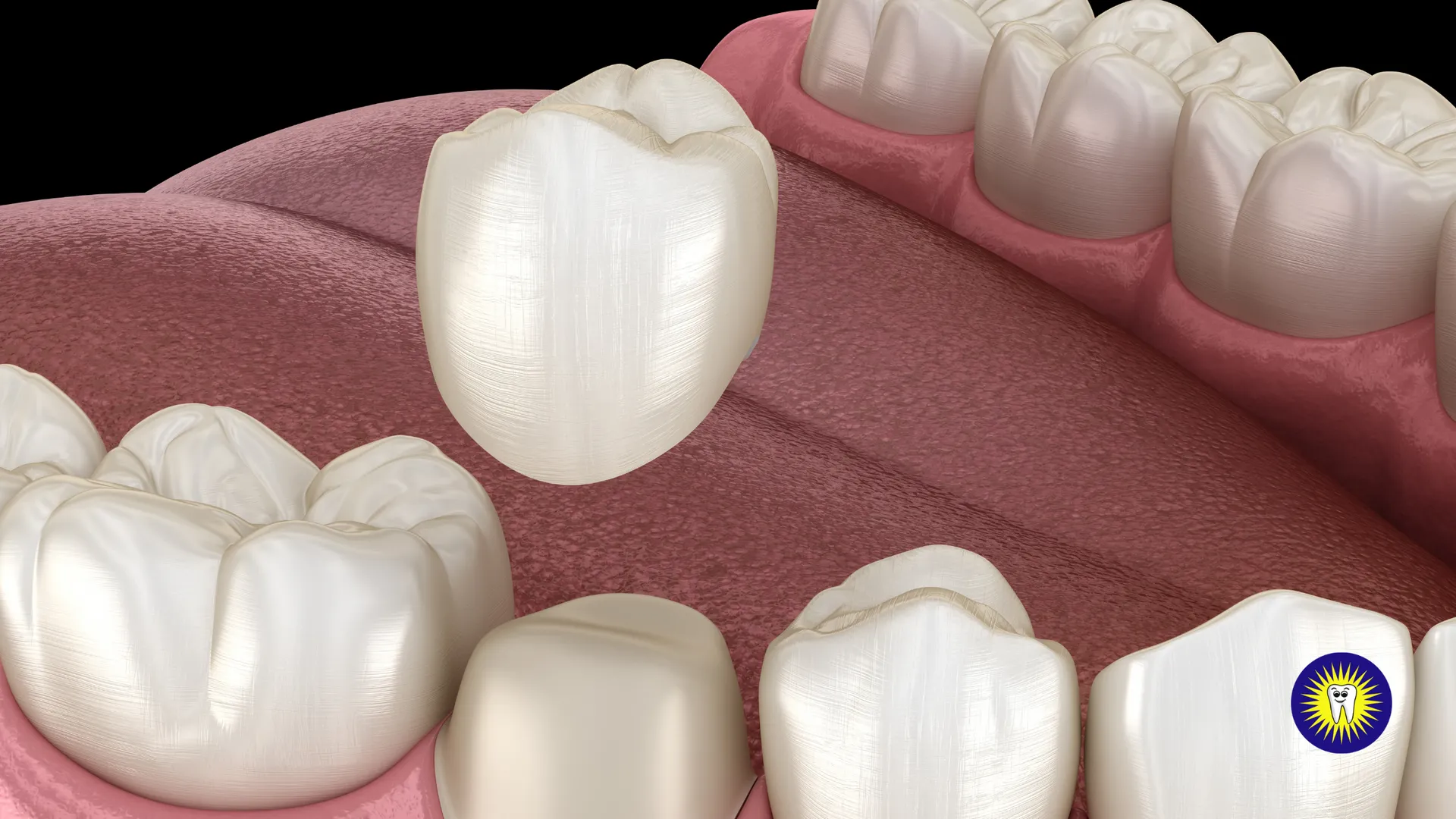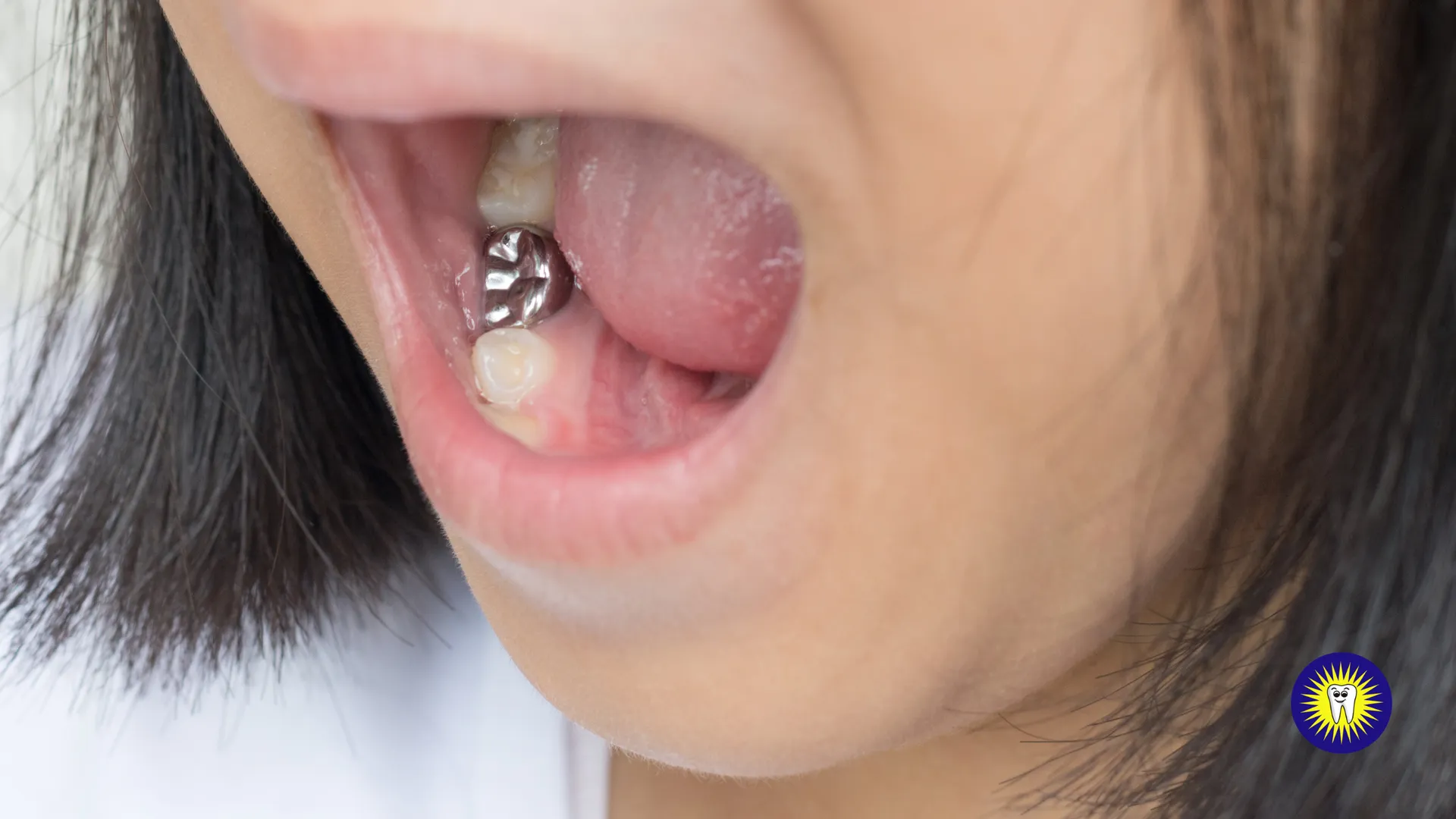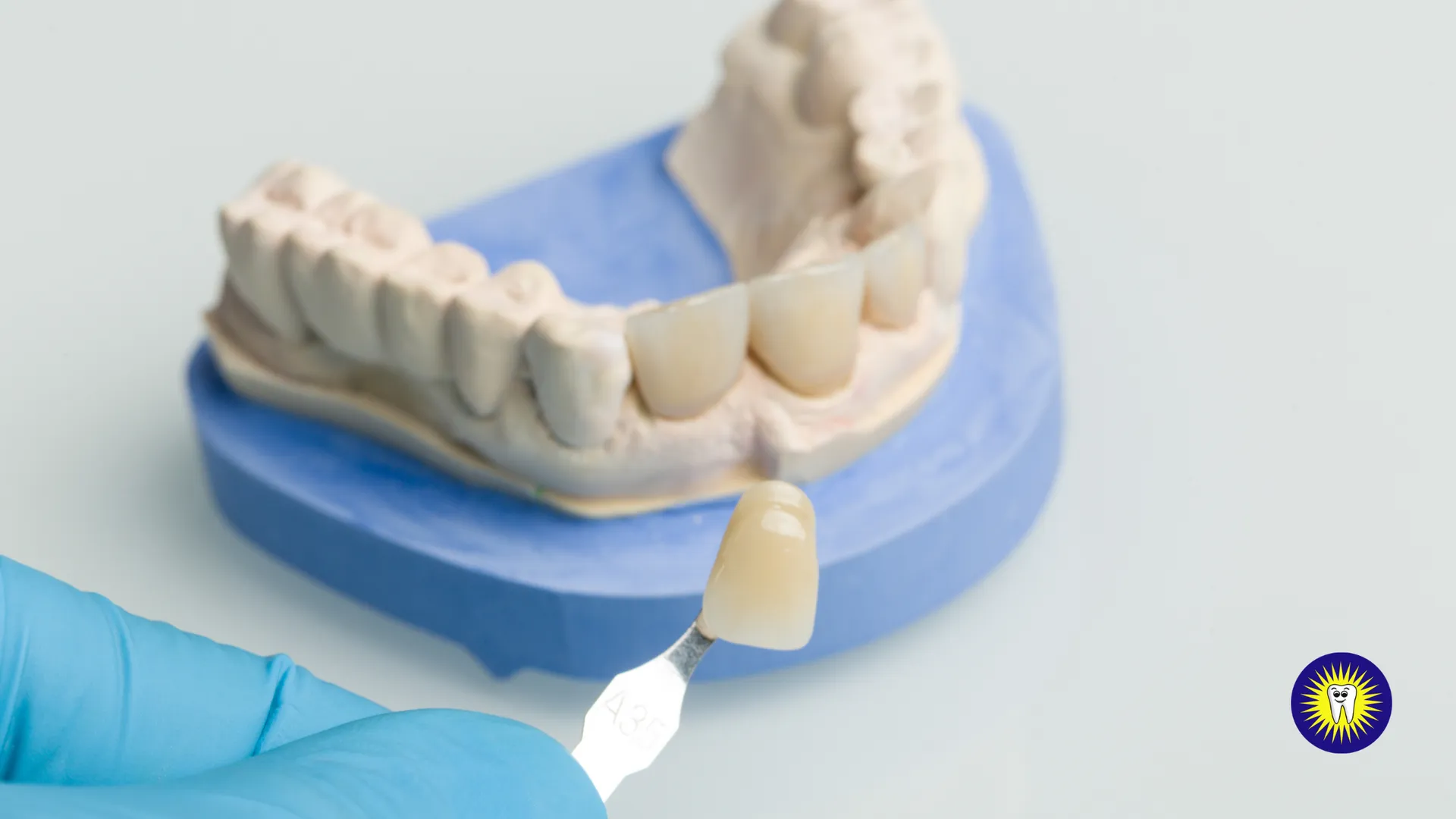Dental crowns are an important part of modern dentistry, and they offer a variety of benefits for people seeking to improve their oral health. There are several types of dental crowns available, each offering its own unique advantages.
In this blog post, we’ll explore the different types of dental crowns and their individual benefits. We’ll also discuss how to decide which type of dental crown is best for your individual needs. If you are ready to make an appointment in Toronto or make an appointment in Scarborough to see our dentist, Dr. Sharon Anbar at Liberty Square Dental Group regarding your dental crown treatment, give us a call.
What are Dental Crowns?

Dental crowns can also be used to cover discoloured or misshapen teeth, improve the appearance of a smile, and even support a dental bridge. These versatile dental restorations can be made from a variety of materials, including porcelain, ceramic, metal alloys, and resin. Our dentist at Liberty Square Dental Group can help you choose the type of dental crown that is best suited for your needs and budget.
Different Types of Dental Crowns in Toronto and Scarborough

When it comes to dental crowns, there are various types to choose from. The type of crown recommended for you will depend on a range of factors, including your dental needs, the location of the tooth, and your aesthetic preferences. Here are some common types of dental crowns you should know about:
Gold Alloy Dental Crown
This type of crown is made up of a combination of metals, including gold and copper. Gold crowns are known for their durability and strength, making them an excellent option for back teeth. They are also popular among those who want to make a fashion statement.
Porcelain-Fused-To-Metal (PFM) Dental Crown
PFM crowns are known for their aesthetic appeal and strength. The crown’s inner part is made of metal, which provides strength, while the outer part is made of porcelain, which mimics the appearance of natural teeth.
Zirconia Dental Crown
Zirconia crowns are made up of a powdered metal known as zirconium oxide. These crowns are popular because they are highly durable, resistant to fractures, and can withstand biting and chewing forces. They are also a great option for those with allergies as they do not produce a toxic response.
All-Ceramic Dental Crown
All-ceramic crowns are made entirely of ceramic or porcelain. They are an excellent option for those looking for a crown that blends seamlessly with their natural teeth. They are also popular for front teeth as they mimic the appearance of natural teeth.
Temporary Dental Crown
Temporary crowns are typically made of acrylic or stainless steel. They are used as a placeholder while the permanent crown is being prepared.
Understanding the different types of dental crowns can help you make an informed decision about which crown is best suited to your dental needs.
Benefits of Dental Crowns
Dental crowns are custom made to fit the patient’s smile, making them an effective solution for a variety of dental issues. During the dental crown procedure, the dentist will remove any damaged or decayed tooth material before shaping the tooth to prepare it for the crown. An impression of the tooth is then taken to ensure a perfect fit, and a temporary crown is placed while the permanent crown is being made. Once the permanent crown is ready, it is placed and bonded to the tooth.
While dental crowns are primarily used for restorative purposes, they also offer cosmetic benefits. Crowns can improve the appearance of a misshapen, discolored, or damaged tooth, restoring confidence in one’s smile.
With proper care, dental crowns can last between 15 and 30 years. Patients can resume their normal oral hygiene routine the next day after the procedure with little recovery time. Regular brushing, flossing, and dental cleanings are necessary to ensure the longevity of the crown.
The benefits of dental crowns extend beyond just the functional and cosmetic benefits. Crowns can also help protect weakened teeth, prevent further decay and damage, and provide stability for dental implants.
Dental Crown Procedure and Aftercare

When you decide to get a dental crown, you may be curious about the process involved. The dental crown procedure usually takes two visits, and our dentist will take the following steps:
- First, your tooth will be prepared. Any decay or damage will be removed, and the tooth will be shaped to accommodate the crown. This might involve shaving down the tooth, so that the crown will fit snugly on top. Depending on the situation, you may need a root canal before the crown is placed.
- Next, an impression of your tooth will be taken. This will be used to create a model of your tooth, which the dental lab will use to create your crown. The impression may be taken digitally or with a traditional dental putty.
- After the impression is taken, you’ll be fitted with a temporary crown to protect your tooth while the permanent crown is being made. You may experience some sensitivity to hot or cold during this time, so be sure to avoid foods and drinks that may aggravate your tooth.
- At your second appointment, the permanent crown will be ready to be placed. Your dentist will remove the temporary crown and make sure the permanent crown fits comfortably and looks natural. Once it’s in place, the crown will be cemented onto your tooth, and any adjustments will be made as needed.
After your dental crown procedure, it’s important to take care of your crown properly. Avoid chewing on hard objects, like ice or hard candy, and be sure to brush and floss regularly. With good dental hygiene and regular checkups, your dental crown can last for many years to come.
Book Your Next Dental Appointment
Contact Liberty Square Dental Group to learn more about our Toronto dental office or Scarborough dental clinic. We look forward to seeing you soon!

